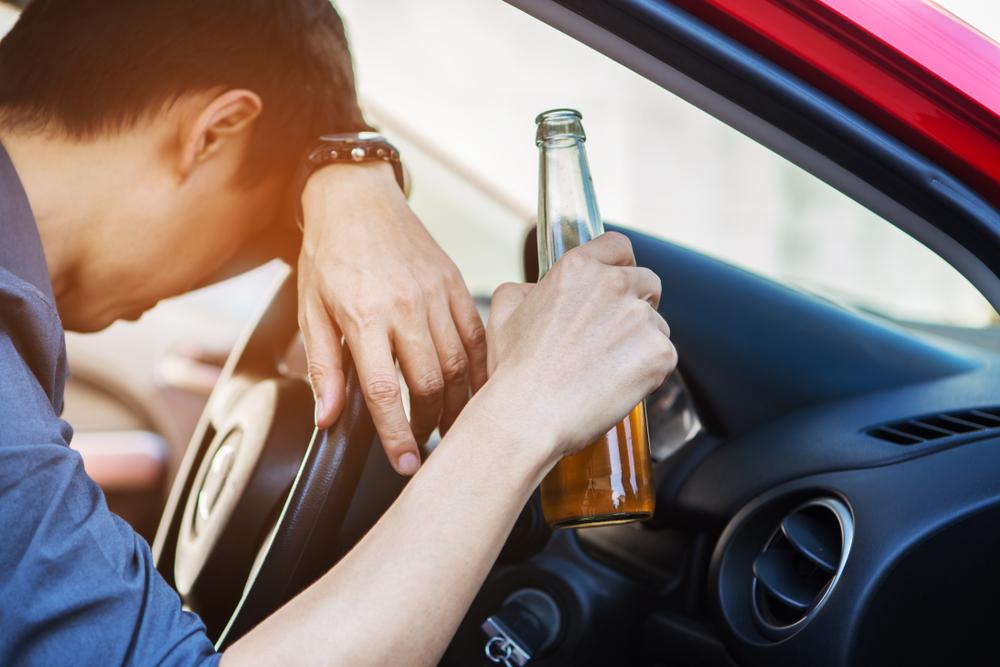
Attentive driving is crucial for everyone who gets behind the wheel of their vehicle. Many things can lower reaction times while driving and increase the risk of an accident. In fact, even adjusting the radio or eating food can be a risk.
However, one of the riskiest things you can do as a driver is to get on the road while intoxicated.
We all know that driving drunk is extremely dangerous, but it’s easy to forget about the actual consequences. What happens to your body and driving ability when you’re under the influence of alcohol? What are the legal risks of driving while intoxicated?
Get answers to these questions and more in this guide about what happens when you drive drunk.
Table of Contents
What Should You Do If You’re In A Drunk Driving Accident?
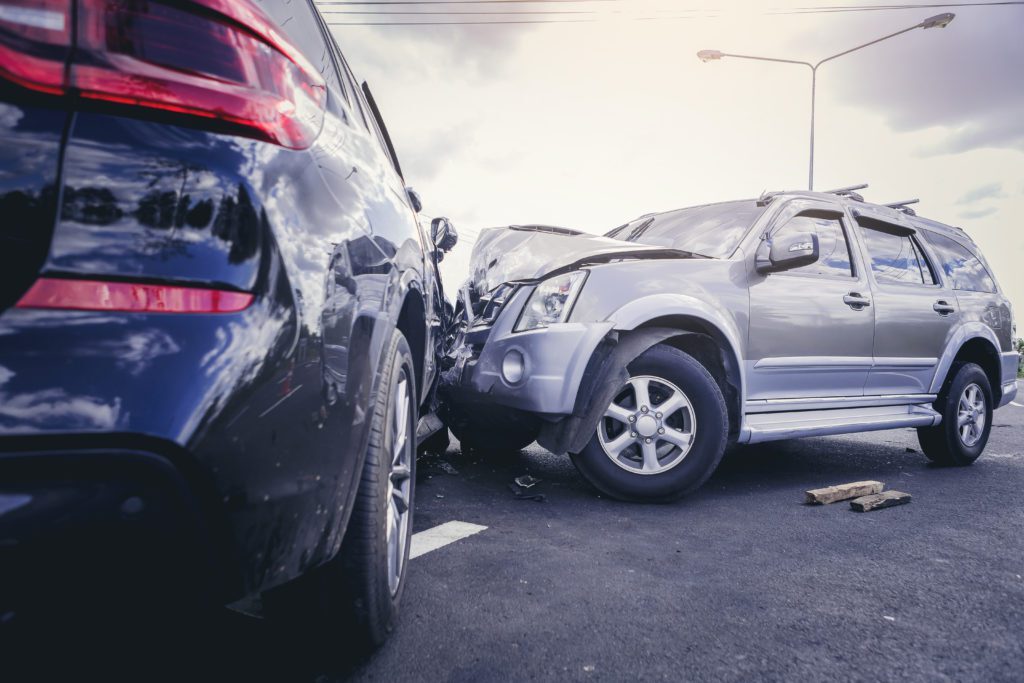
Source: milwaukee-criminal-lawyer.com
Before discussing the risks and impacts of drunk driving, you may have questions about what to do if you’re in an accident involving a drunk driver. Or, what you should do if you caused the accident or were accused of drunk driving.
The best thing to do is contact a DWI attorney in your area for assistance. Everyone deserves legal representation, whether they are the perpetrator or the victim.
The laws around impaired driving will vary from state to state, and you may have recourse if you were injured because of a drunk driver.
Legal Consequences Of Drunk Driving
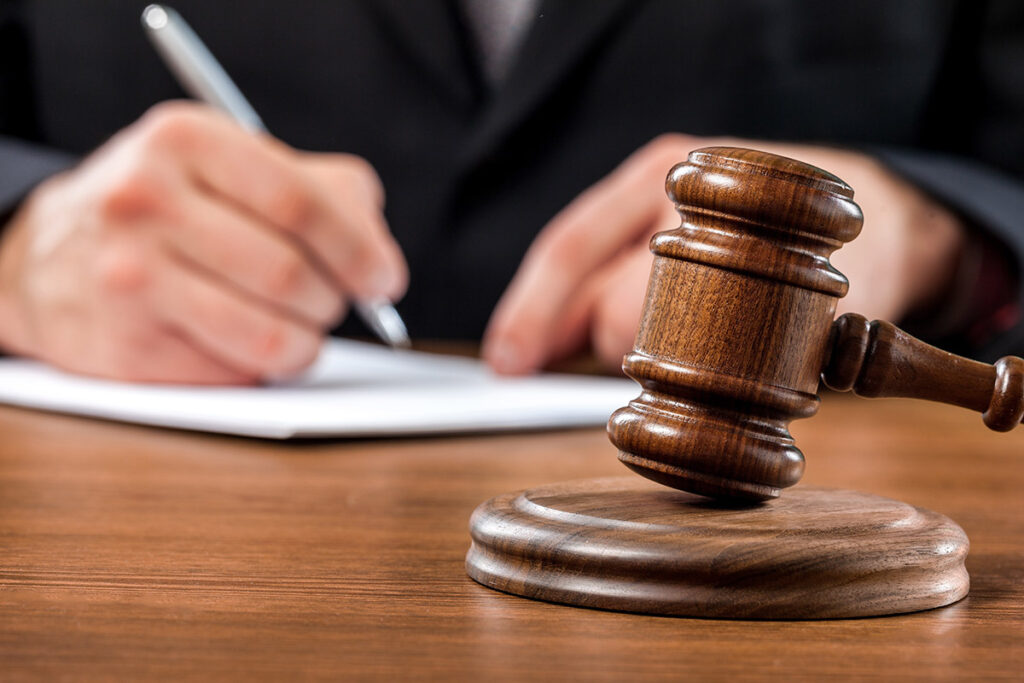
Source: serenityhousedetoxhouston.com
If you’re caught driving drunk, there will likely be legal consequences. While these vary based on your state, it’s vital to know the general legal risks of driving under the influence.
These legal impacts include:
- A suspended driver’s license
- Mandatory jail time in some states
- Job loss or losing certifications
- Increased insurance rates
Finally, and most importantly, driving while drunk can injure you, your passengers, and others on the road. Drunk driving is also one of the leading causes of traffic-related deaths. It’s not worth the risk.
The Impacts Of Alcohol On The Body
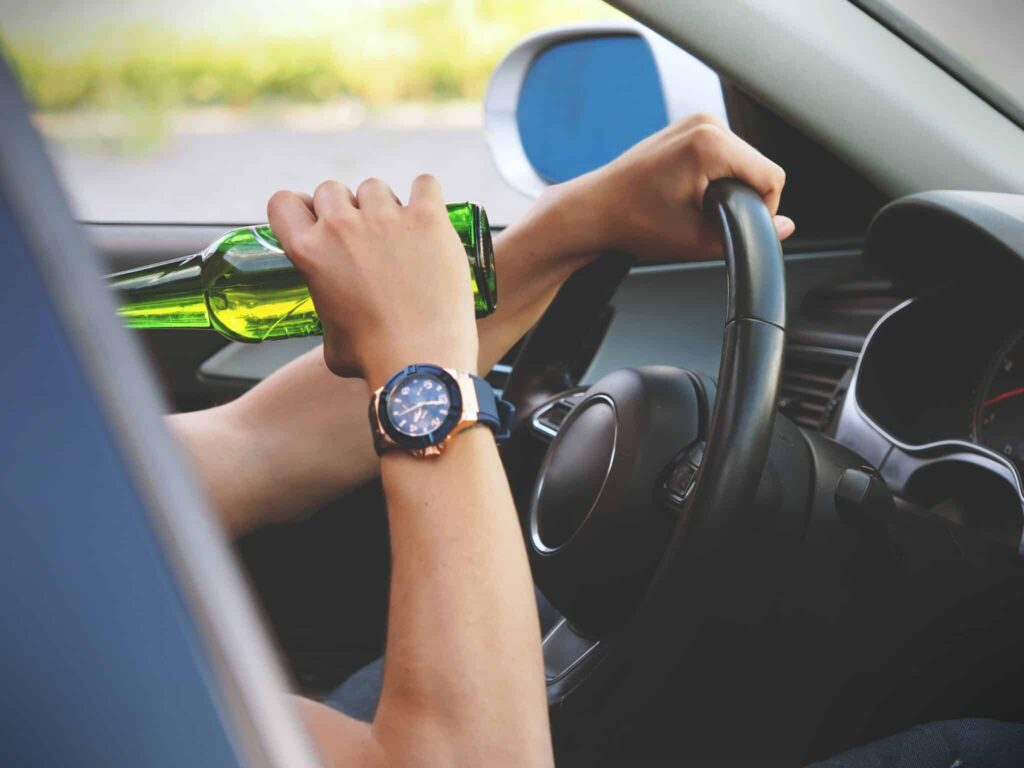
Source: resqme.com
Drunk driving is determined by blood alcohol concentration. This is what breathalyzers measure.
Blood alcohol concentration impacts individuals differently. Those who are taller or weigh more may be able to consume more alcohol. However, generally, one drink an hour can raise BAC to between 0.02 and 0.04.
Even at this beginning level, alcohol can cause a loss of judgment and decreased visual function.
Once BAC increases to around 0.05, the impacts are even more severe. At this point, your muscle control is lower, and you’ll likely have lower inhibitions and impaired judgment. A BAC of 0.05 makes it harder to steer and react.
Make A Commitment To Safety
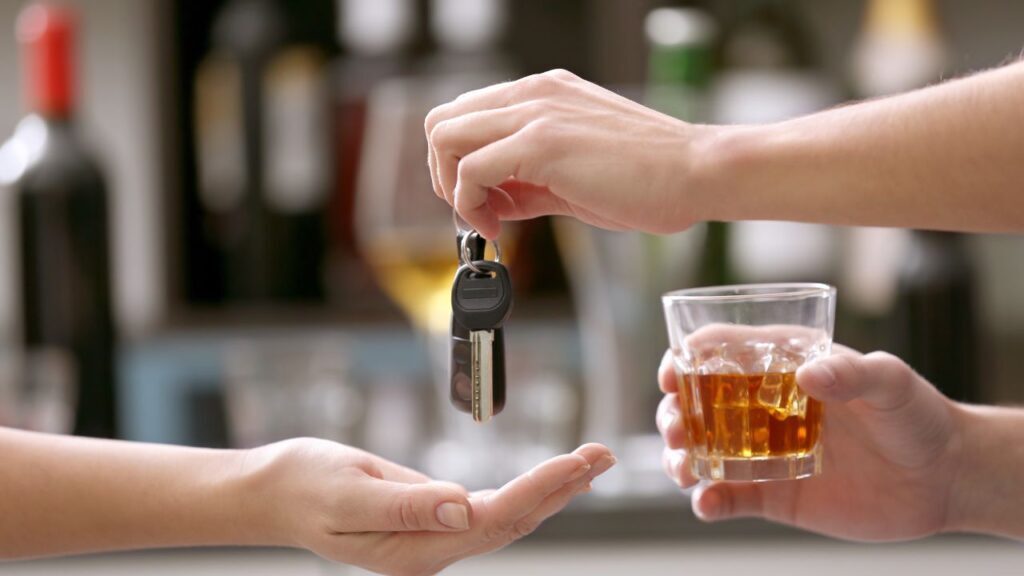
Source: independent.co.uk
While drinking alcohol can be a communal and social activity, all drivers must make a commitment to never drive while intoxicated. It’s sometimes tempting to downplay things. Perhaps you tell yourself you only had a drink or two, so you should be fine to drive.
However, it’s easy to miscalculate how much you had to drink and the effects of the alcohol on your body. So, always have a backup plan.
Ensure you have a designated driver in your group or plan to take public transportation. You can also request a rideshare service if no one else in your party can drive.
As you commit to only driving sober, ensure you talk to your friends and family about the significant risks of drunk driving. Everyone can work together to keep the roads safe and create a stronger community.







